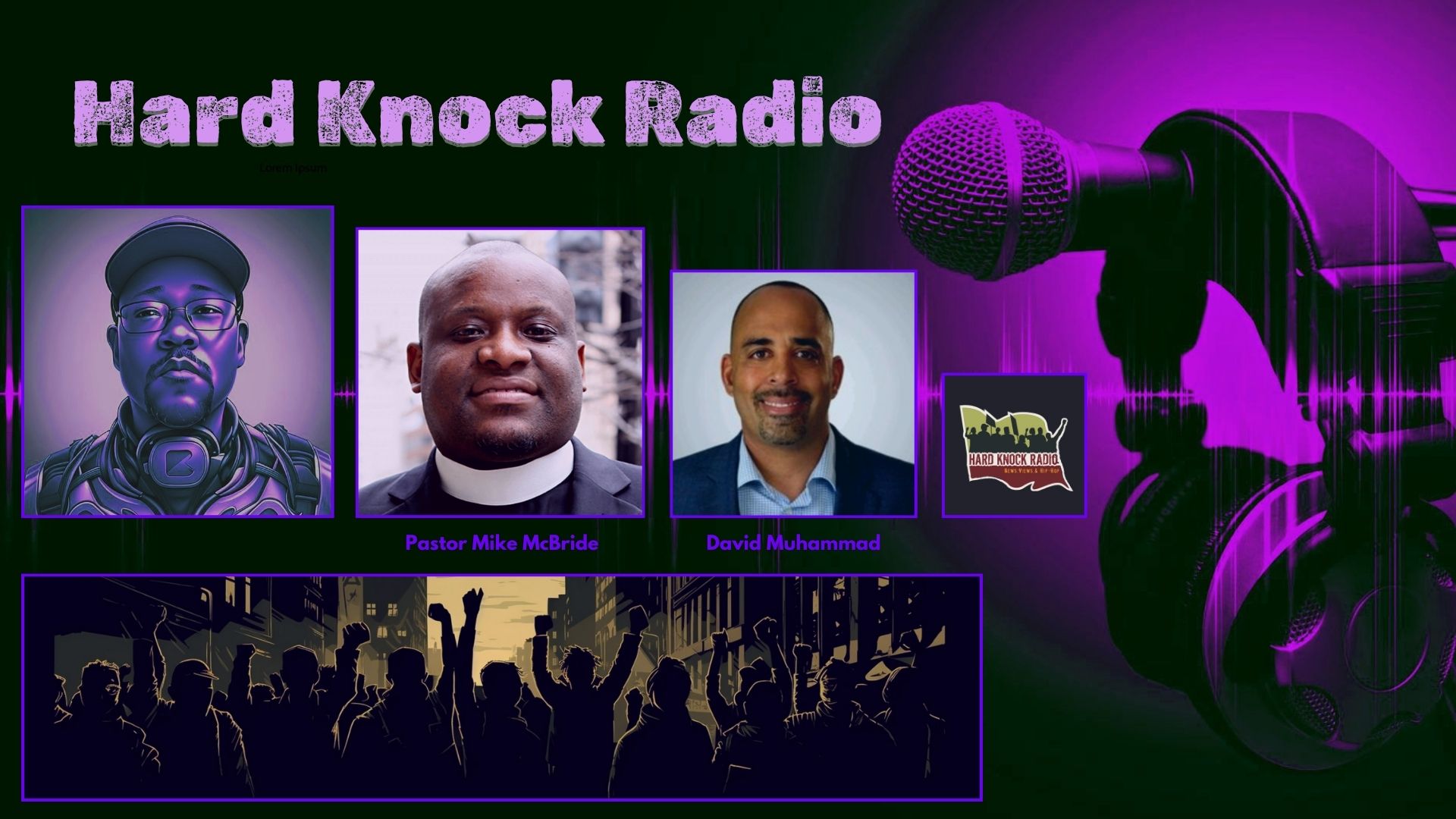On a recent episode of Hard Knock Radio, hosted by the renowned Davey D, listeners were treated to an insightful discussion on Oakland’s Operation Ceasefire. This program, aimed at reducing violent crime, has been a topic of much debate, especially following a comprehensive audit. The conversation featured Pastor Mike McBride of Live Free and David Muhammad from the National Institute for Criminal Justice Reform (NICJR), both key figures in the initiative’s implementation.
Operation Ceasefire has been credited with saving approximately 140 lives over a five-year span by employing a strategy that focuses on the small group of individuals most likely to engage in or fall victim to gun violence. This approach, combining life coaching and focused enforcement, resulted in a notable 42% reduction in homicides from 2012 to 2017 in Oakland. However, the recent audit by the California Partnership for Safe Communities (CPSC) revealed that the city has not effectively sustained the strategy since late 2019, leading to a shift in resources and a rise in the city’s homicide rate.
The discussion highlighted the evolution of Ceasefire, from a law enforcement-centric program to a community-driven strategy that involves non-police service providers, counselors, and local faith leaders. Despite the successes, challenges emerged, notably the dilution of the program’s focus due to the pandemic and shifts in city leadership priorities. This shift from a precision-oriented approach to a more generalized strategy has been linked to the increase in Oakland’s homicide rate, underscoring the critical need for targeted intervention.
Listeners learned of the program’s history, including its initial launch, reimagining in 2012, and the impact of recent changes on its effectiveness. The conversation underscored the importance of community partnership and the dangers of deviating from proven strategies in the fight against gun violence.
This episode of Hard Knock Radio not only shed light on the successes and setbacks of Operation Ceasefire but also served as a call to action for cities nationwide to embrace and sustain evidence-based strategies for violence prevention. It’s a testament to the power of community involvement and the need for steadfast commitment from city leaders to ensure the safety and well-being of their residents.


Leave a Reply